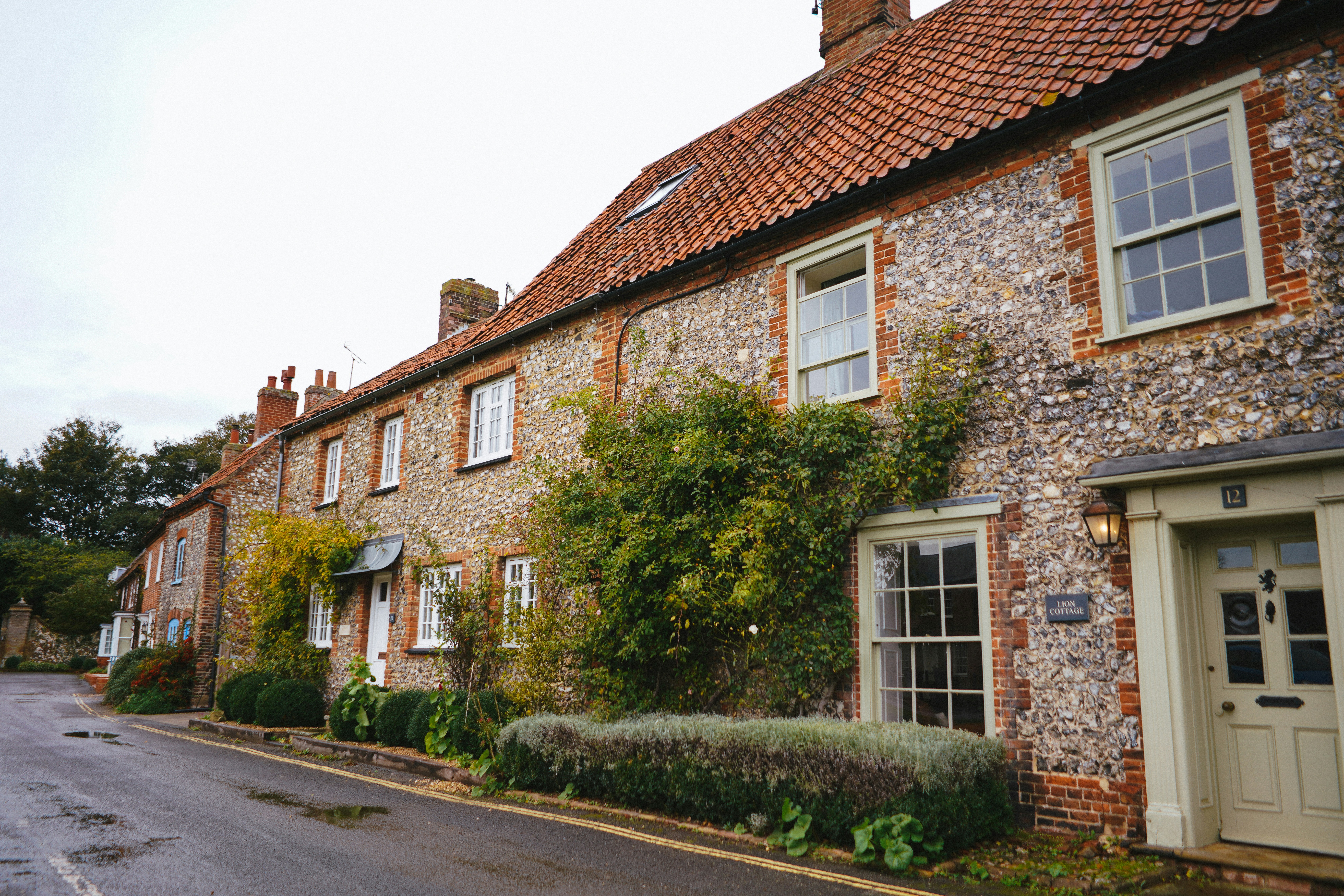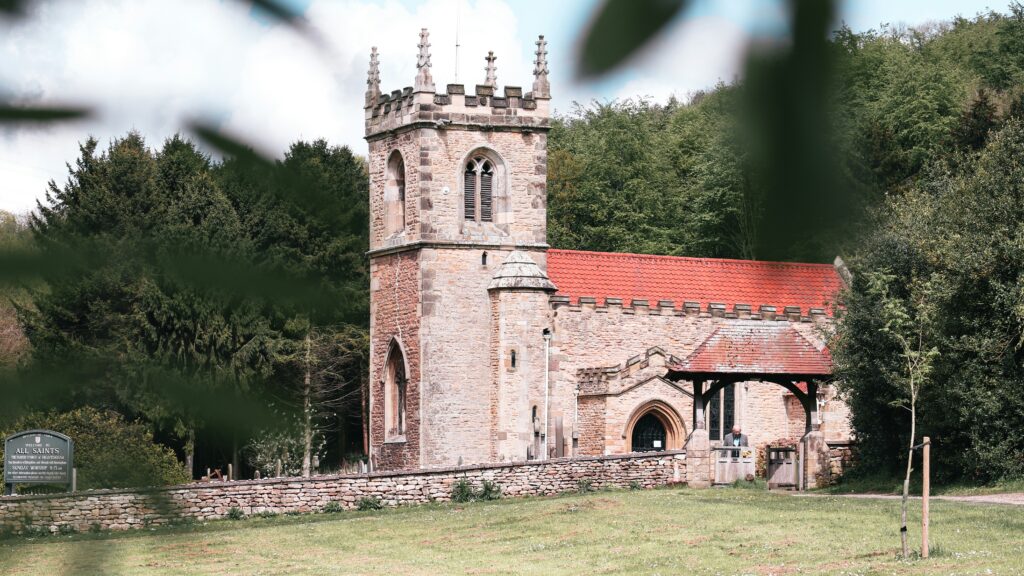
How to Transfer Ownership of an Inherited Property
Inheriting property can be a journey full of emotional and practical ups and downs. While it’s a privilege to receive such an asset, it also comes with significant responsibilities, especially when you’re considering how to transfer ownership of an inherited property. Whether you plan to live in the property, sell it, or gift it to someone else, understanding the steps to transfer ownership is essential. In this blog we’ll provide a comprehensive breakdown of how to transfer ownership of an inherited property in the UK, including dealing with legal documents, tax implications, and administrative procedures.
Understanding ownership
Before you begin, it’s important to understand how ownership works, you can then determine your own personal situation and how best to transfer the property.
Sole ownership
If the deceased owned the property outright, ownership will be determined by their will. In the absence of a will, the property will be distributed among surviving relatives through the rules of intestacy.
Joint ownership
If the property was co-owned, the type of ownership matters:
- Joint tenancy: The deceased’s share passes automatically to the surviving owner(s), irrespective of what is stated in their will
- Tenancy in common: The deceased’s share does not pass automatically and will be distributed according to the will or intestacy laws
Obtaining legal authority
To deal with the deceased’s estate, you’ll need legal authority. This is obtained through either Grant of Probate or Letters of Administration.
- Grant of Probate: If the deceased left a valid will, the named executor(s) applies for this legal document to manage and distribute the estate.
- Letters of Administration: If there is no will, an administrator (usually the closest relative) applies for this document to handle the estate.
Gathering required documents
Once you have legal authority, the next step is to prepare the paperwork to officially transfer the property into the beneficiary’s name or to another party. Commonly required documents you may be required to produce include: Grant of Probate or Letters of Administration, a Death Certificate, and Land Registry Forms (AP1, AS1 and ID1).
Submitting the documents to HM Land Registry
After completing the necessary forms, submit them to the HM Land Registry along with supporting documents and applicable fees. Here’s what you’ll need:
- Completed forms (AP1, AS1, and ID1)
- Original Grant of Probate or Letters of Administration
- Any required identity verification forms
- Payment for Land Registry fees (based on the property’s value)
You can post these documents or submit them online via the HM Land Registry Portal.
Could there be tax implications?
Inheriting property may come with tax obligations. It’s important to familiarise yourself with the following:
Inheritance Tax (IHT)
If the estate’s value exceeds the tax-free threshold (currently £325,000), inheritance tax may be due. If this is the case, you must pay it within six months of the person’s death to avoid interest charges. Some exemptions and reliefs are available, such as the residence nil-rate band, which can increase the threshold when the property is passed to direct descendants.
Capital Gains Tax (CGT)
If the property’s value increases after you inherit it and you later sell it, CGT might apply to the gain. However, if you live in the property as your main residence, it may qualify for Private Residence Relief.
Deciding what to do with the property
Once the transfer of ownership is complete, you can then decide what to do with the property:
- Keep the property: If you choose to live in or rent out the property, make sure to update insurance, utilities, and council tax records.
- Sell the property: If you plan to sell, consult an estate agent to assess its value and handle the sale process.
- Gift the property: If you decide to give the property to someone else, you may need to account for additional tax implications, such as CGT or Stamp Duty Land Tax.
Seeking professional help
Transferring ownership of an inherited property can be complex, particularly when dealing with large estates, multiple beneficiaries, or tax concerns. Consulting professionals such as solicitors, tax advisors and estate agents can help with all of this thanks to their experience and expertise.
Updating relevant records
After transferring ownership, ensure all property-related records are updated:
- Land Registry: Confirm that the new ownership details are reflected in the title deeds
- Utility providers: Notify gas, electricity, and water companies of the ownership change
- Council Tax: Inform the local council to update billing records
- Insurance: Update or secure new home insurance in the new owner’s name
Problems along the way?
While the steps above cover the standard process, you might encounter some unique roadblocks when transferring ownership of an inherited property:
- Disputes among beneficiaries: If multiple heirs cannot agree on what to do with the property, you may require mediation or legal advice
- Unregistered properties: If the property is not registered with HM Land Registry, you’ll need to apply for first registration
- International properties: Properties located abroad may be subject to different legal and tax requirements
Is there a time limit when transferring ownership of inherited property?
While there’s no strict deadline to transfer ownership, it’s advisable to do so as soon as probate is granted to avoid tax issues, legal disputes, or complications with the property’s status. Be mindful of the Inheritance Tax six-month deadline and Capital Gains Tax implications if selling later.
Transferring ownership of an inherited property is a process with lots of steps that require careful attention to legal, financial, and administrative details. If you’re unsure at any stage, remember that professional help is always available. With proper planning and expert guidance, you can successfully manage the property transfer and make informed decisions about its future.
Need to sell your inherited property? We can help
If you’re facing the decision of what to do with an inherited property, you’re not on your own. Sell House Fast understands the unique challenges you’re going through, both practical and emotional. That’s because we have helped people facing what you’re now going through.
Sell House Fast offers a straightforward solution to selling a home in probate. Unlike other options, with us, you don’t have to compromise on speed and certainty. Our service is centred around a quick cash offer and completion process that removes the uncertainty of selling your property. It’s supremely convenient too, because we handle the entire process while you focus on other things. Our offers are competitive, and based on the property market. Get in touch with us today.


